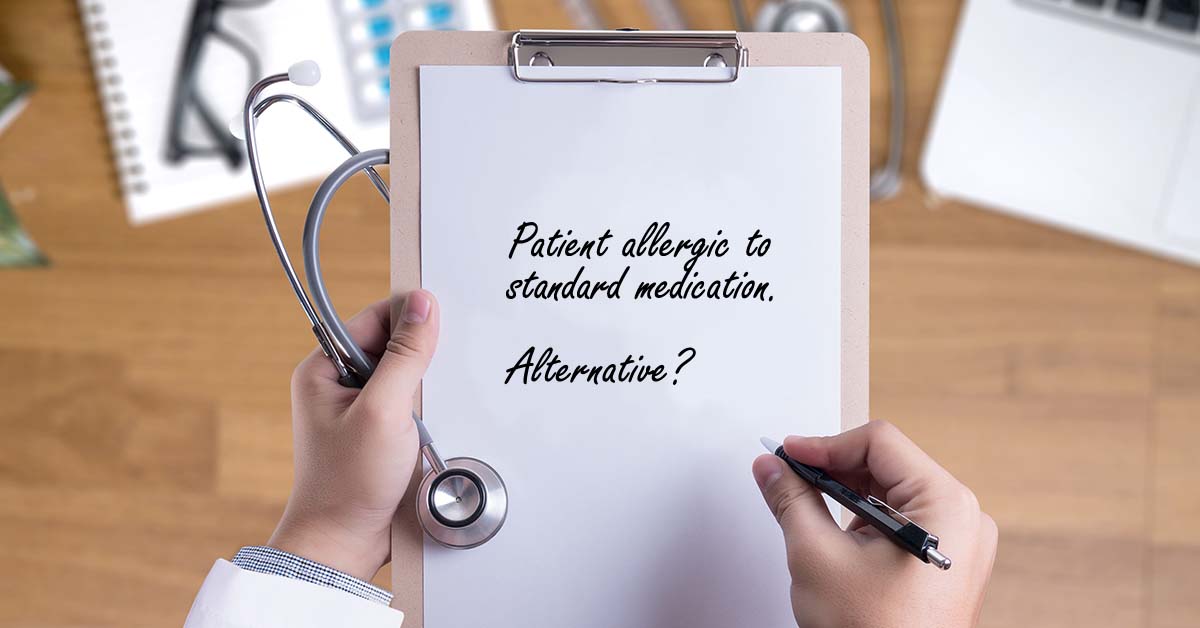From Sep 2022, only white-listed “clinically proven” and “cost-effective” cancer drug treatments will be covered by MediShield Life insurance, and this will apply similarly to Integrated Shield Plans sold or renewed by private insurers from Apr 2023. This means that use of off-label drugs for cancer treatment in Singapore will thus not be claimable under MediShield and IP coverage. People who wish to have insurance support for off-label drug treatments should the need arise, will need to seek alternative or additional insurance options.
To better understand the implications of this decision by the Ministry of Health, it is first helping to understand the term “off-label” drug use.
Regulation of Cancer Drug Treatments By The Health Sciences Authority
In order for a drug to be considered “clinically proven”, it has to be registered with the Health Sciences Authority (HSA). In addition, the registration is for particular clinical indications, and each indication has to meet required standards of safety, quality and efficacy.
Pharmaceutical companies submit to the Health Sciences Authority for registration and approval for the usage of drugs. Submission are specific for particular clinical indications (e.g. a particular drug to be used to treat a certain form of cancer). Each indication has to meet required standards of safety, quality and efficacy. This in turn requires submission of supporting evidence obtained through clinical trials.
The approved drug labelling then provides guidance on the use of the registered drug, including:
- The specific medical condition(s) that the drug has been approved to treat
- How the drug is to be used to treat the condition(s)
- Information on known side effects
- Information on what prescribers should discuss with patients before they take the drug.
When Is It Considered Off-Label Drug Use?
Labelled drug use is when a drug treatment given is in accordance with regulatory approval. Conversely, “off-label” means usage of a drug for a medical condition or for an age group of patients that it has not been approved to treat. It can also be when the drug is administered in a different way from, or the dosage given is different from, specifications in the approved label.
In cancer treatment, off-label treatment mainly involves using a drug to treat unapproved clinical indications and line of treatment (i.e. the order in which different therapies are given as the disease progresses), or when there is continued use of the drug even when the cancer has progressed.
Why May Doctors Prescribe Off-Label Drugs for Cancer Treatment?
There are a number of circumstances under which a doctor may decide off-label drug treatments as being necessary for the patient. For example:
- The patient has a condition whereby no approved drug is available
- All approved lines of treatment options have already been exhausted
- The patient is not able to tolerance the approved medications
- While there is may be evidence that a drug may be effective, there is insufficient strong clinical evidence necessary for approval (for example, in the case of rare tumours)
- Regulatory approval for clinic use of the off-label drug is still pending
- Lack of financial incentive for pharmaceutical companies to pursue additional evidence for some clinic indications needed for regulatory approval.
If doctors recommend off-label drug treatments, they will often base the recommendations on their knowledge of the drugs, their dosing and safety, and also their knowledge of clinical trials involving uses of the drugs beyond currently approved usage.
Pitfalls of Off-Label Drug Use for Cancer Treatment in Singapore
A pitfall of the usage of off-label drugs for cancer treatment is the potential for increased risk of adverse events. This risk could be even higher when there is no strong scientific evidence to support the off-label prescription.
Another potential pitfall is that if there is a lack of strong clinical evidence, there is greater uncertainty regarding the effectiveness of the prescribed off-label treatment.
Furthermore, as mentioned in the opening of this article, off-label drug treatments for cancer in Singapore will not be claimable under MediShield (from Sep 2022) and IPs (from Apr 2023). This will make the treatment potentially more costly for patients.
Understanding the Implications of Off-Label Drug Use Before Starting Treatment
The potential benefits and pitfalls of off-label drug treatments are not insubstantial – both from the medical and cost perspectives. Patients and caregivers should discuss with their doctors to get a better understand the various implications of the recommended treatment before making a decision to proceed with it or not.
Protect against cancer, cardiovascular disease, and other chronic diseases with regular health screening. Compare and shop for health screenings from Singapore and regional healthcare providers at a single convenient platform - shop.health365.sg
This article is informative only and is not intended to be a substitute for professional medical advice, diagnosis, or treatment, and should never be relied upon for specific medical advice.






